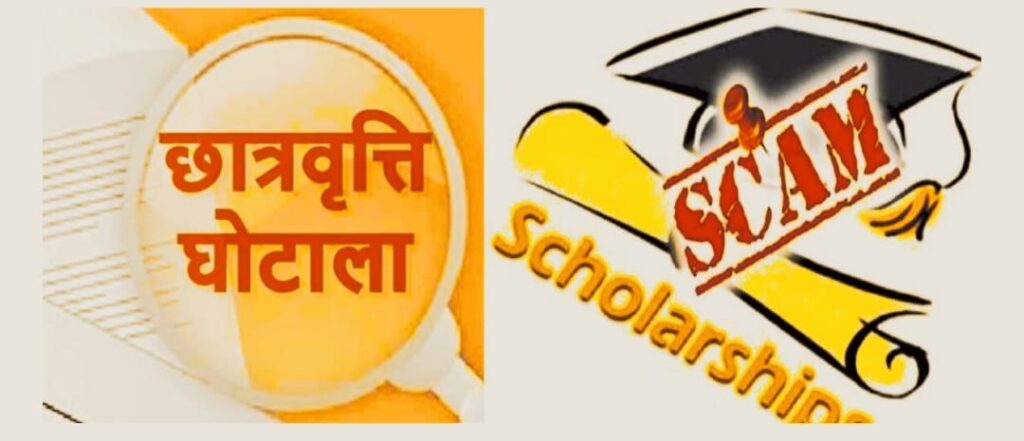
The issue of uplifting the social status of the upper caste in India has been a complex and widely discussed topic. In recent years, there has been a growing consciousness regarding social justice and equality, which has led to efforts towards the advancement and empowerment of marginalized communities such as lower castes, women, and minorities. Simultaneously, there has been a recognition that some upper castes may also encounter social and economic difficulties, and it is necessary to address these challenges as well.
An example of discrimination between lower and upper castes is illustrated by a scenario where a Dalit girl is granted a scholarship of one crore rupees to promote girls’ education. However, this scholarship is not available to a student belonging to the general category, who may face financial constraints while pursuing education. This instance highlights the differential treatment based on caste, where one group is given an advantage while the other is not.
Another example of discrimination can be seen in the reservation policies for government exams, where lower castes are granted certain benefits in terms of lower fees and reserved marks. Conversely, upper castes are expected to pay higher fees and are not eligible for any reservation benefits. This policy assumes that the income status of lower castes is lower than that of the upper castes, which may not always be the case. Furthermore, the reservation policy raises questions about how intelligence levels are assessed, and whether lower castes are expected to achieve less merit than the upper castes. Some may argue that this reservation policy is a political tactic aimed at securing votes.
The social upliftment of upper castes in India is a complex issue that demands a comprehensive strategy. One approach that has been employed to uplift the upper castes is affirmative action programs, including reservations in educational institutions and government jobs. However, some Dalit Bahujan intellectuals are already uplifted and belong to the upper class by taking advantage of these reservations. This raises the question of whether the government should consider equal rights for all castes, as they all belong to the national society. The concept of egalitarianism is often espoused by the government, but whether it truly exists in society remains to be seen.
In April 2023, EWS category teachers protested in the Shivraj government as 90% of the EWS posts in the first round of teacher recruitment in the school education department remained unfilled. The protest was joined by teachers from all over the state. Additionally, it has been argued that cast-specific EWS reservations beyond a certain limit are unconstitutional. Some individuals who were granted these reservations had already received more than the required number of reservations based on their population working in educational institutions. Moreover, these reservations were granted without any prior or current survey or reports and were seemingly done for the sake of maintaining the image of the current government among vote banks.
In spite of Modi in the center and Yogi government in UP i.e. double engine government, in the scholarship scam of 100 crores where institutions like ED and SIT intensified their investigation. The same state government worked to make the investigation more concrete by forming a separate SIT team.
Keeping mind that the awareness about the rigging in the scholarship given to the students of economically weaker sections will only work to expose this whole scam in front of the public.
